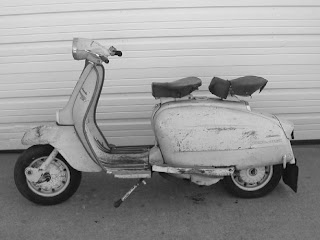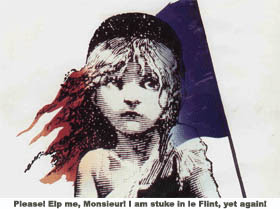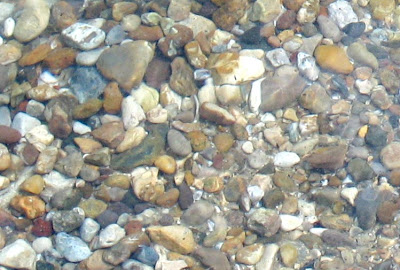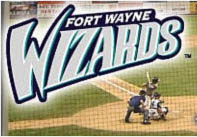Wandering off-road
“BANG! BANG! BANG! BANG!”
From time to time – usually only when I was alone at the wheel – I would joyfully sing those four words. I loved my Jeep – my “four-banger.”
Toledo is the home of the Jeep and that fact alone endears this town to me.
When I was about 15, my folks bought a brand new GMC Suburban, with four-wheel drive. The thing towered above other vehicles, particularly our little 1959 Volkswagen, and looked like it could go anywhere.
And it pretty much could. We began participating in outings designed for off-road vehicles and I learned to thrill at fording streams that were eighteen inches or more deep, bouncing over rocks and other obstacles that would stop lesser travelers short and ascending and descending slopes that most folks wouldn’t even dare climb on foot.
I yearned for the day I’d have my license and would be allowed to drive this behemoth on wilderness trails – I dreamed of being allowed to take it on private outings with my buddies.
When I finally got my license, I quickly discovered that access to the family motor pool was going to be more difficult to obtain than it had been in my dreams.  I was usually relegated to the little Lambretta motor scooter my father had purchased for commuting the mile or so he traveled each day to work. Occasionally, I was allowed to take the VW out on an errand. The truck was pretty much off limits; on rare occasions, I was allowed to drive it, but not solo and certainly not off-road.
I was usually relegated to the little Lambretta motor scooter my father had purchased for commuting the mile or so he traveled each day to work. Occasionally, I was allowed to take the VW out on an errand. The truck was pretty much off limits; on rare occasions, I was allowed to drive it, but not solo and certainly not off-road.
This torture continued through my entire senior year of high school and halfway through my freshman year in college. But then I got a job and was finally in a position to buy my own car; naturally, I opted for one with four-wheel drive: the original, the classic, a Jeep.
I don’t imagine there is anything like a young fellow and his first car – particularly if it’s a car of his dreams. I remember climbing aboard with no destination in mind and no cares in the world. I just drove – allowing the open road to be my guide. It was freedom like I’d never imagined.
I couldn’t fit three dollars worth of gas into the 10-gallon tank. I took my little beauty into Baja California, out to Colorado, into the mountains and over to the desert. I drove to the beach, the river, the valley and the hills. I took it too its horizontal and vertical limits. I towed a sailboat to the bay for aquatic adventures and packed the rear with gear for camping adventures.
I loved that Jeep so much that I bought another years later – despite the fact that I knew it was an impractical family car. I just couldn’t resist returning to yesteryear and once again powering up steep inclines and joyously singing, “BANG! BANG! BANG! BANG!”






